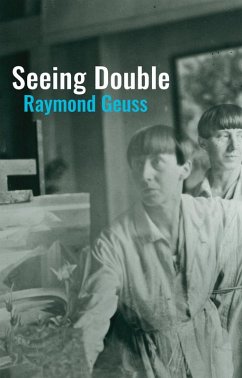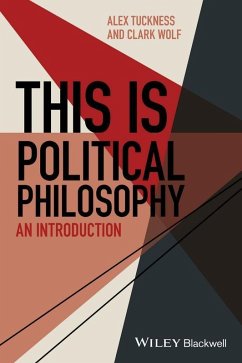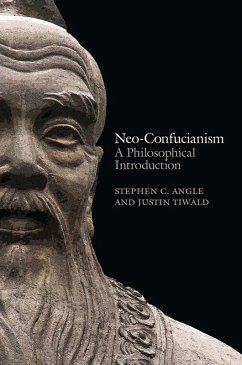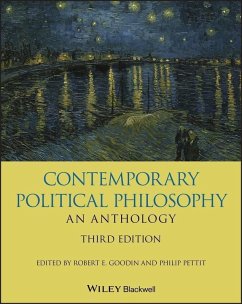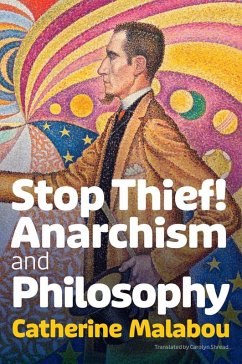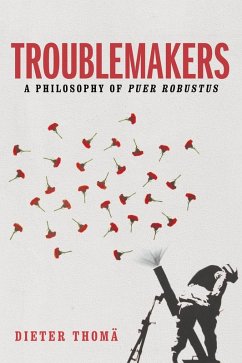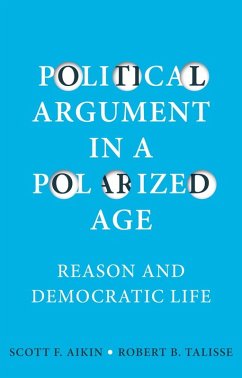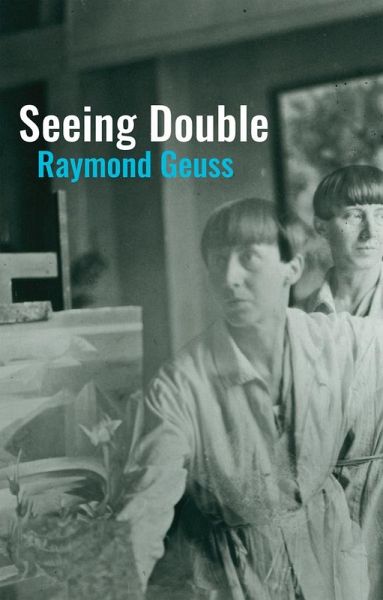
Seeing Double (eBook, ePUB)

PAYBACK Punkte
0 °P sammeln!
The world is never going to make complete sense to us, yet we find that conclusion almost impossible to accept. Can we live, and feel at home, in a world composed at best of incompatible fragments of meaning? This is the theme that runs through this collection of essays by Raymond Geuss. Drawing on a characteristically wide range of insights from moral and political philosophy, history, and aesthetics, he addresses topics such as knowledge (of self, the world, and others), language, the visual and the auditory, authority, hope, and the success and failure of life projects. He argues that, to g...
The world is never going to make complete sense to us, yet we find that conclusion almost impossible to accept. Can we live, and feel at home, in a world composed at best of incompatible fragments of meaning? This is the theme that runs through this collection of essays by Raymond Geuss. Drawing on a characteristically wide range of insights from moral and political philosophy, history, and aesthetics, he addresses topics such as knowledge (of self, the world, and others), language, the visual and the auditory, authority, hope, and the success and failure of life projects. He argues that, to get by in our bewildering world, we must embrace the virtue of 'double vision': that is, immersing ourselves in and learning the ways of the culture surrounding us, even as we feel alienated from it. Together the essays explore some of the consequences of abandoning the idea of a unitary view of the world, while at the same time trying to avoid quietism. Seeing Double is a compelling collection of work by one of the world's most versatile and creative philosophers.
Dieser Download kann aus rechtlichen Gründen nur mit Rechnungsadresse in D ausgeliefert werden.




